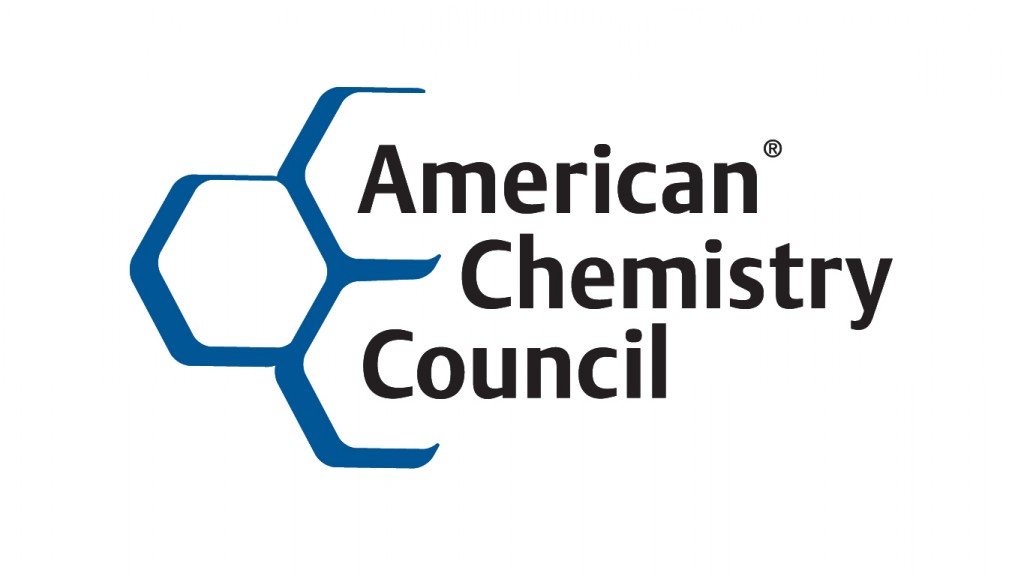Lansing State Journal Viewpoint: Stop wasting energy and capture low-cost power for Michigan
Imagine if every time you stopped to buy gas, you spilled two gallons for every one you put in the tank. That’s exactly what happens with energy wasted at factories and power plants across Michigan and the rest of the country: for every barrel of oil or ton of coal burned to generate power, two-thirds of the potential energy is lost – enough energy lost nationwide to power the entire country of Japan.
What if we could capture that lost energy and use it, thereby increasing the efficiency of Michigan’s power plants and factories? Well, there are commercial technologies that do just that; they capture waste energy, the best clean energy source available. Combined heat and power (CHP) produces both heat and power from a single source of fuel, which provides double the efficiency of traditional power generation. Waste heat to power (WHP) captures waste heat that would typically be vented from an industrial facility and uses it to make electricity without additional fuel or emissions. Both of these “cogeneration” technologies dramatically lower energy use, emissions, and costs; thereby creating jobs, increasing private investment, and improving the competitiveness of Michigan businesses.
Whether you attend a university, visit a hospital, or buy products made in Michigan, every Michigan resident benefits when clean energy is made more affordable. CHP and WHP do exactly that.
Michigan is already home to over 3,000 MW of CHP and WHP capacity, including the Lansing Board of Water & Light’s REO Town cogeneration plant that provides 100 MW of electricity and up to 300,000 pounds of steam. Other facilities include Lafarge Corporation’s Alpena Plant’s five waste heat recovery boilers; Midland Cogeneration Venture, the largest combined electric and steam plant in the U.S., generating 1,633 MW; the University of Michigan central power plant, generating 45.2 MW with CHP; and Bell’s Brewery near Kalamazoo, generating .15 MW with CHP.
How can Michigan encourage more deployment of CHP and WHP? For starters, our state lawmakers are debating energy legislation that would require comprehensive integrated resource planning by utilities – in other words, planning to meet future energy demand through a portfolio of energy resources. If designed properly, these plans can identify the best combination of clean, affordable, and reliable energy resources to complement existing power plants and meet future energy demands –including CHP and WHP.
CHP and WHP – as clean, low cost resources meeting baseload demand – should be included in integrated resource planning. However, because CHP and WHP systems are often privately-owned and sited at factories, hospitals, universities and commercial buildings utilities are hesitant to consider the power generated by these systems in their energy resource plans.
Thus, utilities miss an opportunity to leverage private cogeneration investments that benefit Michigan ratepayers. Michigan lawmakers should seize this opportunity and make clear in the proposed legislation that utilities must consider the value of increasing CHP and WHP across Michigan in their energy resource planning.
Secondly, fees known as standby rates charged by Michigan utilities for backup power (needed only during rare CHP or WHP system outages) are often prohibitively expensive. Thankfully, the Michigan Public Service Commission (MPSC) is evaluating standby rates charged by utilities to ensure they are cost driven and don’t unjustly penalize CHP and WHP energy resources.
With the right policies, Michigan can grow its CHP and WHP resources – and reduce wasted energy, decrease emissions, lower costs for all ratepayers, and create jobs by making our Michigan businesses more competitive.
Patricia Sharkey is the policy director of Midwest Cogeneration Association. John Dulmes is the executive director of the Michigan Chemistry Council. Midwest Cogeneration Association companies build, own and operate cogeneration systems in Michigan and the Midwest. Michigan Chemistry Council members are some of the state’s most significant cogeneration customers, using both steam and electricity to power their operations.

